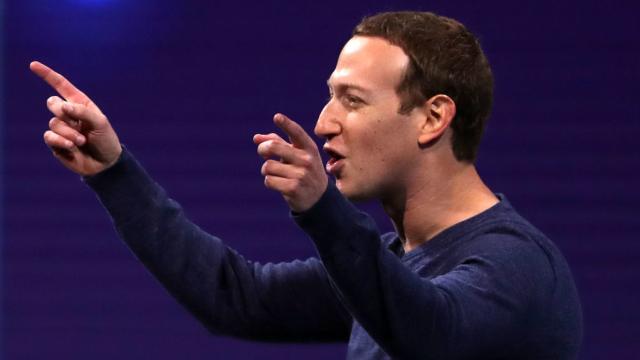Facebook, you may have heard, had a year riddled with scandals, data breaches, dwindling user trust, slowing growth, scrutiny from regulators and plummeting morale among its own staff. Clearly the social behemoth needs a major comeback.
But according to a report in The New York Times, Mark Zuckerberg’s plan to link messaging capability between Messenger, Whatsapp and Instagram — three of its essentially Balkanized services — already has workers confused and angry.
More centralised control over these mostly independent apps was already presaged by last year’s abrupt exits of Kevin Systrom, Mike Krieger, Brian Acton and Jan Koum, the founder pairs of Instagram and Whatsapp, respectively. All four were reported to have butted heads with Zuckerberg’s directives, which we now know involves stripping those apps of some of their autonomy.
Reportedly they’ll still operate as standalone products, albeit with a backend and social graph that’s interoperable, a change which, as Mike Isaac put it, “requires thousands of Facebook employees to reconfigure how WhatsApp, Instagram and Facebook Messenger function at their most basic levels”. Welcome to the rat king era of social media.
What could Facebook gain by undertaking this boondoggle, especially one reported to be pursuing end-to-end encryption? Not much, according to one of the app’s own workers:
One WhatsApp employee then ran an analysis on the number of potential new users in the United States that the integration plan could bring to Facebook, said two people familiar with the study. The amount was relatively meager, the analysis showed.
It’s difficult to imagine why Zuckerberg is undertaking a massive overhaul of two beloved (if largely unprofitable) products to fuse them with the bloated Messenger app, and more closely associate them in consumers’ minds with the deeply tarnished reputation of Facebook.
Allegedly there are no plans for how this change will directly generate profit — only the whiff of solidifying market share among messaging products such as Apple messenger and SMS.
We reached out to Facebook for comment but had not heard back at time of writing.
